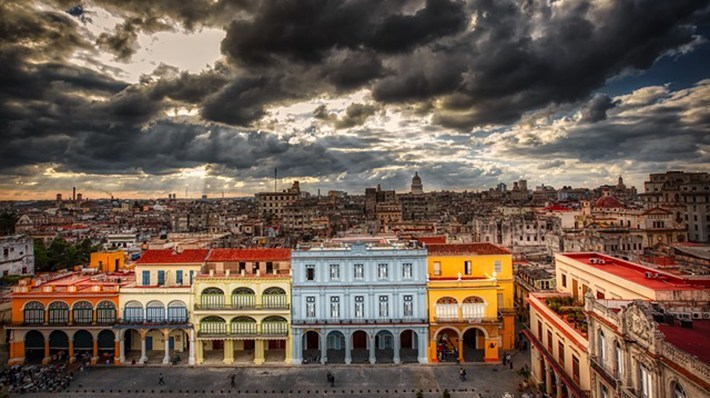
Is dying in a trench less of a death?
HAVANA – I open the window. It dawns discreetly. A bit of a red sky, rather gray, like ash. It is hot, very hot. I make coffee. I drink a cup. I light a cigarette and head to my laptop. The world unfolds in headlines and articles focused on the pandemic that sweeps us. “To date, 1,996,681 infections have been registered.” I continue: “The United States is the country with the highest number of infections (609,685), followed by Spain (177,633), Italy (162,488) and Germany (132,210). I read on: Trump freezes the WHO fund. “In Latin America, Brazil continues to be the most affected, with 25,684 confirmed cases, followed by Peru (10,303), Chile (7,917) and Ecuador (7,603).” The death toll: 127,590 worldwide.
Figures and more figures of the impact of a global virus that, precisely, has put globalization at the forefront, destroying its image. To date there is no global response that is united, integrated, without political-ideological earmuffs. Do we return to the tribe, a fragile plot for a common destiny? Ridiculous, our history resulted from expansion in all orders — some irrationally and uncontrollably — not from reduction and confinement. Is dying in a trench less of a death? The answer is either global or there will be no solution, only a simple and transitory pact.
The pandemic alters the world order.

